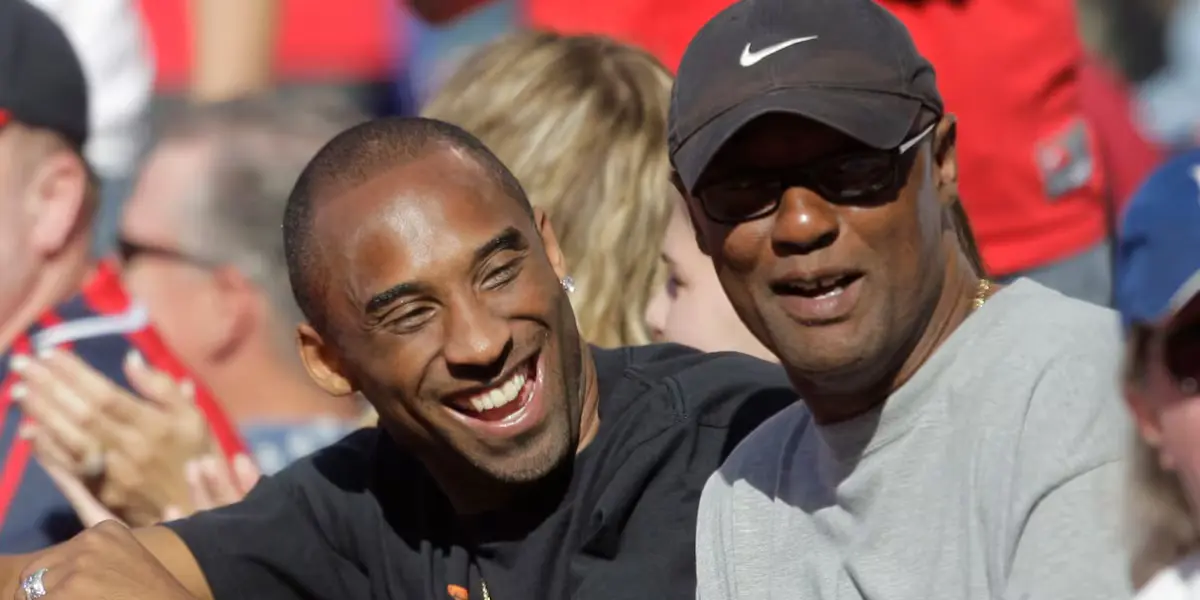The LSU Tigers’ recent defeat to the USC Trojans has left fans and analysts alike buzzing, not just about the game, but about head coach Brian Kelly‘s fiery post-game reaction. Known for his intense coaching style, Kelly’s anger reportedly boiled over following the loss, culminating in a dramatic, table-slamming moment during the post-game press conference. However, while passion can be a motivating force, this incident is raising questions about whether Kelly’s reaction is helping or hurting the team.

Table of Contents
The Aftermath of the LSU vs. USC Game
LSU’s loss to USC was a hard pill to swallow for the Tigers, who entered the game with high expectations. The match was fiercely contested, with both teams showcasing their strengths, but LSU ultimately fell short. The loss was a significant blow to LSU’s season ambitions, and the frustration was palpable among players, coaches, and fans.
Brian Kelly’s Fiery Response
In the immediate aftermath of the game, Brian Kelly was visibly upset. During the press conference, his frustration reached a peak when he reportedly slammed the table in front of him, a gesture that underscored his displeasure with the outcome. Kelly’s outburst was a reflection of his deep investment in the team’s success, but it also raised eyebrows.

Is Kelly’s Passion Misplaced?
While passion is an essential quality in a coach, there is a fine line between constructive anger and actions that could potentially demoralize a team. Some analysts argue that Kelly’s outburst, rather than motivating the players, may have a negative impact. The public display of anger could be seen as a sign of instability or lack of control, neither of which bodes well for a team’s morale.
The Impact on LSU’s Season
As LSU moves forward from this loss, the focus will be on how the team rebounds. Brian Kelly’s coaching style, including his emotional responses, will play a significant role in shaping the team’s trajectory for the rest of the season. Whether his anger will serve as a wake-up call for the Tigers or whether it will become a distraction remains to be seen.
The Importance of Leadership in Tough Times
In moments of adversity, strong leadership is crucial. Brian Kelly’s experience and knowledge of the game are undeniable, but his methods are now under scrutiny. Effective leadership in sports often requires a balance of passion and composure, ensuring that players remain focused and motivated, even after a tough loss.





